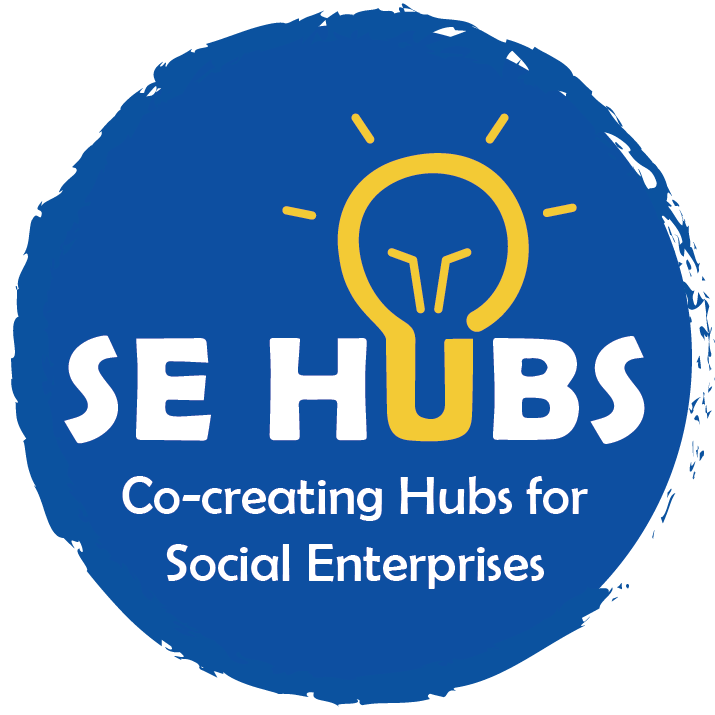supporting & inspiring the social enterprises
Innovative hub models are an important prerequisite for SE sustainable development on expert level and organizational level.

Our Goals
The aim of SE Hubs is to elaborate an innovative model of co-creation hub for social enterprises that are working with various disadvantaged groups or for overcoming social issues in various fields (culture, sport, employment, etc.) and to test its practical application in different local contexts.
SEHUBS IN POLAND
SEHUBS IN ITALY
a comprehensive initiative
The SE Hubs project aims at creating and testing into practice an innovative SE Co-creation Hub Model that will provide a comprehensive package of innovative trainings and operational practices and will serve as a generator for stronger and viable SEs’ communities.
beneficiaries
innovative model
the capacity
Flow of informations
trust building

Landscape and Obstacles
Social enterprises are key instruments for elaborating innovations and transfer them into sustainable community solutions.
The tools
- Inclusive training programme for staff management by social enterprises
- Inclusive fellowship training programs for social enterprise staff
- Community-based physical spaces that are shared among local social enterprises and help them access the community
Challenges and Innovation



Co-creating innovative SE hub model that is easily adaptable to the specifics of various local contexts will foster the future successful operational and expert development of SEs as organizations. It will also help them serve as sustainable inclusive training centres for various members of the communities no matter of their differences and background specifics. In this way it will help to build more inclusive societies where all members share common values and respect each-others rights.
